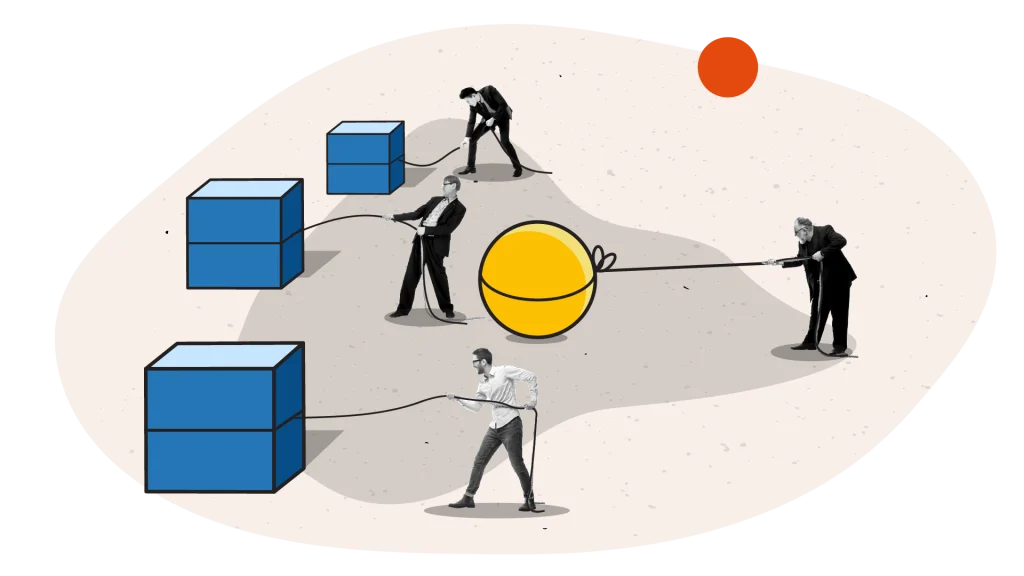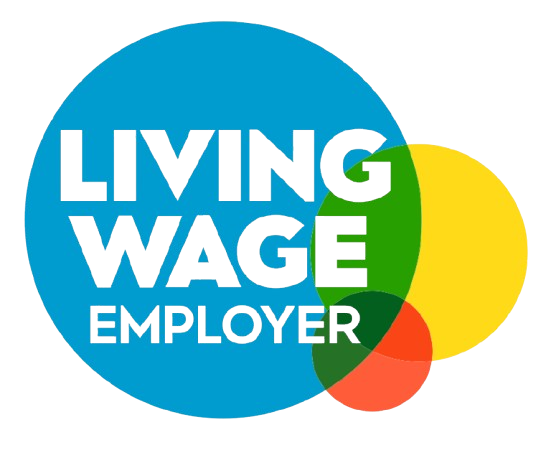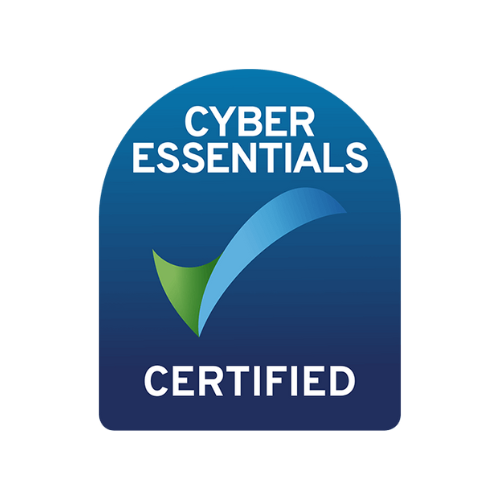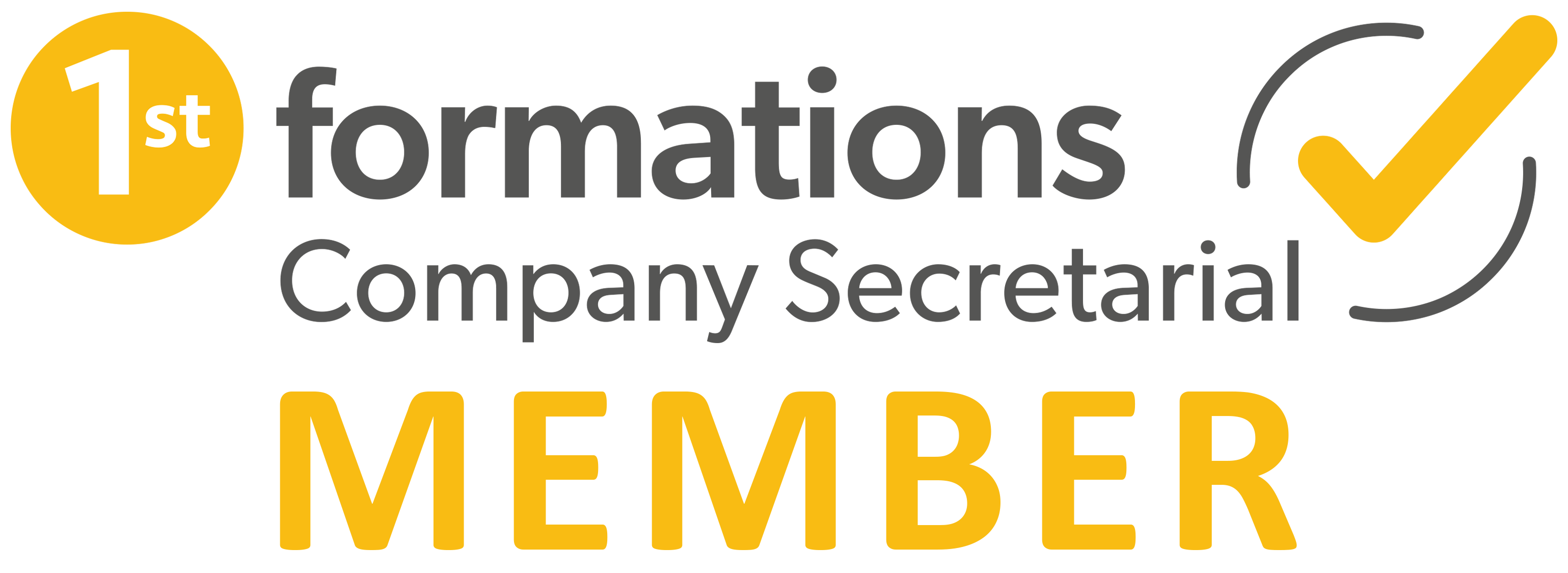Contract management is an important part of the procurement process that is often over-looked. Contract management is a constant process. You should never set your contract down and let it collect dust. This is often a mistake made by organisations, which inevitably causes the loss of money.
Moral of the story – always review your contract.
1.Document every change to the terms of the contract
There are several factors that can result in a change to your contract, these can include:
- The needs of your organisation changing
- Economic trends affecting the viability
- Change in strategy and/ or objectives of both parties
It’s essential that all changes are listened to and properly executed. You need to document all changes to the terms of the contract and ensure both parties are up to date. If you are changing the scope of the contract for any reason, make sure to go through the formal contract amendment process or these changes will be invalidated.
Key points:
- Make sure to follow the contracting procedures laid out within your organisation, ensuring all changes are recorded to the correct standard. Maintaining a contract highlights your expertise in the field, making others more willing to work with you.
- Don’t assume that the other contracting party is complying with the terms set out around updating contract terms. If only one party is aware of the changes it can cause havoc for your organisation.
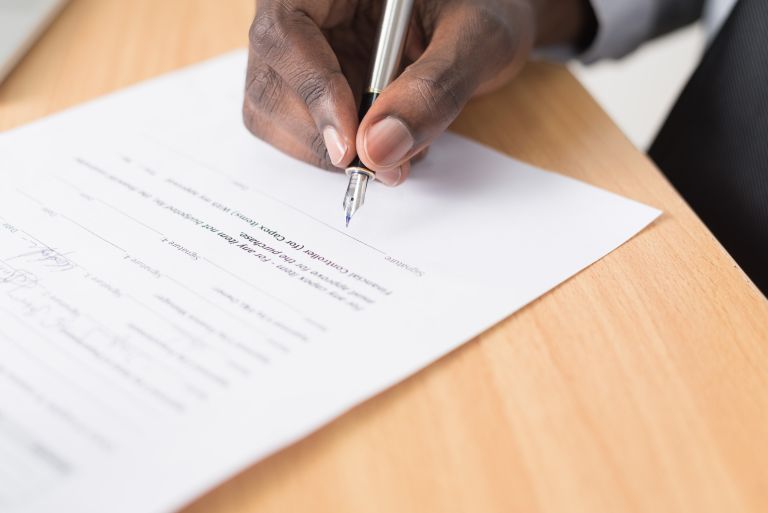
2.Maintain a healthy working relationship with your supplier
When a contract is awarded to a supplier, there is a commitment to work together well. The contract might run for a long time, maintaining a healthy relationship helps the contract run smoothly and makes for a good working environment.
Over time and with commitment, the relationship between both parties should develop into an understanding of how each other works. This will also allow you to develop a knowledge of their strengths and weaknesses, so you can use them to their advantage within the contract and support them where they may lack ability.
Issues that can occur when you don’t develop a good working relationship can include:
- No co-operation from the supplier on benchmarking tests when requested by an organisation
- Both parties clashing, preventing a harmonious working environment
- Commercial problems (for example, an organisation being too dependent on the supplier).
It’s important to acknowledge when a mistake happens. You should always address it. Tackling these issues and finding a greater outcome is key to building trust. Risk management, just like all aspects of contract management, is a task that should be monitored daily.
It is also important to note that these points relate to suppliers as well. Over-confidence as an organisation can lead to suppliers not wanting to work with you in the long run, leading to a poor reputation.
3. Monitor your targets and KPIs
Monitoring your targets and KPIs (key performance indicators) is the most important part of contract management; you wouldn’t know if your contracts were saving you money without them!
Keeping up to date with your KPIs is part of the contracts conditions and making sure the supplier is meeting them is essential. The performance of the supplier throughout the life of the contract can be measured against your KPIs; this will allow you to see if they’ve been keeping up the standards set in the contract.
Setting up regular meetings with your contractual partner will not only help you build a good relationship with them, but will allow you to talk through any problem areas and celebrate what’s going well.

The frequency of the meetings can depend on the complexity of the procurement; the more complex it is, the more often you’ll need to meet. You can arrange quarterly meetings (or more/less frequent depending on your needs) to discuss topics such as:
- Progress Review
- Technical Review
- Long-term Review/Audit
If it’s made apparent that your supplier isn’t performing to the standards agreed in the contract, there are a few ways you can deal with them, which can be through:
- Agreed upon problem solving procedures, utilising the dispute resolution processes.
- Enforcing the agreed upon terms of the contract through legal action if necessary.
- Terminating the contract and seeking recompense from the supplier.
If you’re monitoring your supplier’s performance and managing your contract effectively, any slight issues should be picked up and sorted before they become a major problem.
Now that we have covered the top three most important tips in contract management, how do they come together to benefit your organisation?
What does good contract management look like?
The role of the contract management provider is to facilitate this relationship, to ensure all parties are meeting their agreed obligations and are not falling short in any of the key indicators and measurements.
Good contract management means you’re monitoring everything from the KPIs to minor changes that are made and ensuring it all aligns with the standards set in the contract.

Managing your contract well allows you to be informed of all the important aspects of it.
It’s vital you know the value of the contract and the expiry date; we recommend using a contracts register to help with this. You are allowed to take time when considering any alternatives when the contract is due to expire because the information is neatly laid out in front of you.
What is a Contract Register?
A contract register is a full and comprehensive list of all the ‘contracts’ or ‘purchase arrangements’ that your school is signed up to.
A good contract’s register includes the following:
- A list of the contracts
- Description of what that contract provides
- The name of the supplier
- The start date of the contract
- The End Date of the contract – Whether there are any extension options for that contract for example “contract can be extended for 12 months”.
- Termination deadlines or a number of days’ notice required by each supplier in order to terminate your contract (this is particularly prevalent in energy contracts where in order to leave and switch to another provider you will usually need to serve termination months in advance of your contract end date)
- The annual value
- The ‘whole life value’ (the total cost over the life of the contract)
Conclusion
Maintaining a contract allows you to develop a relationship with your supplier that’s built on trust and a good understanding of both party’s goals.
Ideally, if a contract is managed well, the following should happen:
- Your organisation understands its obligations to the contract
- Contract expectations are being met
- The supplier is co-operative in the procurement process
- Both parties left satisfied during and at the end of the contract
- Efficiencies and value for money are achieved
Good contract management means constant monitoring of your contracts. If your organisation can meet the requirements stated above, savings are guaranteed.
Failure to have good contract management and not monitoring your contracts effectively will almost certainly mean your contracts will fall short of their expectations, and you will run into problems you are not prepared for; inevitably losing you money.
If you need help with your contracts, register for free with 2buy2 for access to our contracts register – get all your contracts in one place and never miss an expiry date.



